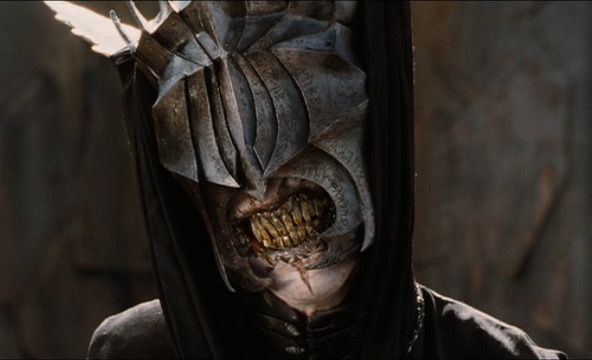As most of you know anytime a court case concludes with a finding by a jury or a judge it creates a couple of things (outside the media) it creates precedent and case law. The two are linked, but also exclusive of each other. The definition of a precedent is; rule of law established for the first time by a court for a particular type of case and thereafter referred to in deciding similar cases.
Case Law is described as; the set of existing rulings which made new interpretations of law and, therefore, can be cited as precedents.
Examples of a precedent would be; Carlill v Carbolic Smoke Ball Company in 1892 which established the rules of offer and acceptance in contract law as it relates to advertising claims.
Standard Oil V US in 1911 which established the precedent that would shape all future antitrust cases by applying and upholding the Sherman Antitrust Act.
Case Law revolves around the documented actions that happen during the case and are what is often used in deciding complex legal issues. Any time you see references to decisions made during court proceedings in a decision that is citing case law.
With the Apple V Samsung case there is the potential for lots of new case law and legal precedent to be established. Not all of it is good for the consumer or the market in general. As an example if Apple is allowed to throw out evidence because it they feel it only relates to one single aspect of the case that will set case law on that for future litigation. Evidence is evidence and in the court room it is important for all evidence relevant to the case be heard. In this case the evidence of borrowing other designs and concepts for the iPhone has multiple uses. Apple feels that it only relates to the validity of their design patent and it is up to the judge to decide on this. The decision will be used in all future cases. The same can be said with the decision to not require a witness to testify in court about a part of the case they had direct involvement with. We are talking about Apple designer Shin Nishibori who is refusing to testify at the trail and has tried on numerous occasions to avoid any involvement (although he was a key player in the iPhone design).
Judge Lucy Koh will set the stage for future battles in court with her decisions. The wrong choice here could have legal ramifications for years and could create huge problems for companies trying to create new products to offer to consumers. It will open the playing field for any company that wants to stifle competition to do so in court rather than to make compelling products. We are already seeing injunctions used instead of licensing request which is a big signal that this is not really about protecting anyone’s intellectual property but about eliminating a competitor and this goes for all of the companies requesting injunctive relief from Apple, to Motorola, to Microsoft. It is not an acceptable method for dealing with competition and is not what the patent system was created for.
The same can be said for trademarks and copyright. We are interested in these because they are also now being used to stifle innovation and harm the consumer. Again just take a look at the Megaupload case to see a perfect example of this that is happening right now. Megaupload was praised by the content industry until they created a way for aspiring musicians, film makers, and other creative people to present their work to the world without the need for the oppressive contract that the MPAA and RIAA require. These types of litigation inhibit the creation of new technologies and services that can enhance peoples’ lives in an effort to protect a single group’s revenue stream. With Megaupload there have been illegal warrants, Illegal removal of evidence (based on illegal warrants) and even improper seizure of assets! But if Megaupload is not good enough for you look at the massive corruption and illegal actions on the part of Copyright holders in the case against The Pirate Bay. Here the copyright holders actually offered a job to the lead investigator and both judges that presided over the cases were members of pro copyright groups.
So to answer the simple question of why do we care about the Apple V Samsung case; because every time big corporations try to ban something to save their revenue stream it sets innovation and progress back a number of years and ends up hurting the market and the consumer.
Discuss this in our Forum




